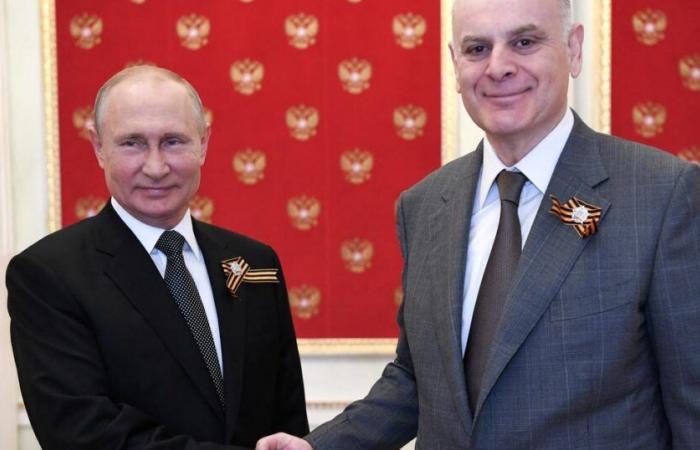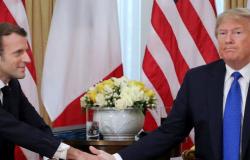The pro-Russian leader of Abkhazia, a separatist region of Georgia, presented his resignation on Tuesday morning, November 19. It was demanded by demonstrators opposed to an economic agreement with Moscow. “In order to maintain stability and constitutional order in the country (…) I resign from the post of President of the Republic of Abkhazia”wrote Aslan Bjania in a letter addressed Tuesday to the President of Parliament and shared by his press service.
Abkhazia, a small region located between the Caucasus Mountains and the shore of the Black Sea, unilaterally declared its independence in 1992, recognized by Moscow unlike almost the entire international community. On Friday, protesters managed to enter Parliament and a presidential administration building to prevent the ratification of an agreement allowing Russian companies to invest in Abkhazia. In particular, they demanded the resignation of Aslan Bjania.
According to the agreement reached Tuesday between the government and the opposition and communicated by the Abkhazian presidency, the resignation of the president is conditional on the departure of the demonstrators present in the government buildings. The protesters left the square facing the Abkhazian presidential administration on Tuesday morning, according to the Russian news agency Ria Novosti. Under the agreement, Abkhazian Vice President Badra Gunba will serve as interim president before the next election, which Russian state agency Tass said, citing the speaker of the local parliament, will be brought early.
Moscow expresses its “concern”
Around ten people were injured during Friday's demonstration. The opposition fears that the economic agreement with Moscow signed at the end of October will open the way for Russians to acquire apartments in Abkhazia, in the many seaside towns on the Black Sea coast. The sale of residential real estate to foreigners was banned in 1995 in Abkhazia, populated by around 240,000 inhabitants. The Russian Foreign Ministry said its “concern” faced with these tensions, and regretted that the opposition did not “not considered possible to resolve its differences with the legitimate power of the country through civilized and respectful dialogue”.
At the end of a brief war which saw its army enter Georgian territory in 2008, Moscow recognized the independence of two separatist regions bordering its territory, Abkhazia and South Ossetia. Russia has since maintained a military presence there. Abkhazia unilaterally declared independence from Georgia upon the fall of the USSR and defended it during a war against Georgian forces in the early 1990s, with unofficial support from Moscow.






